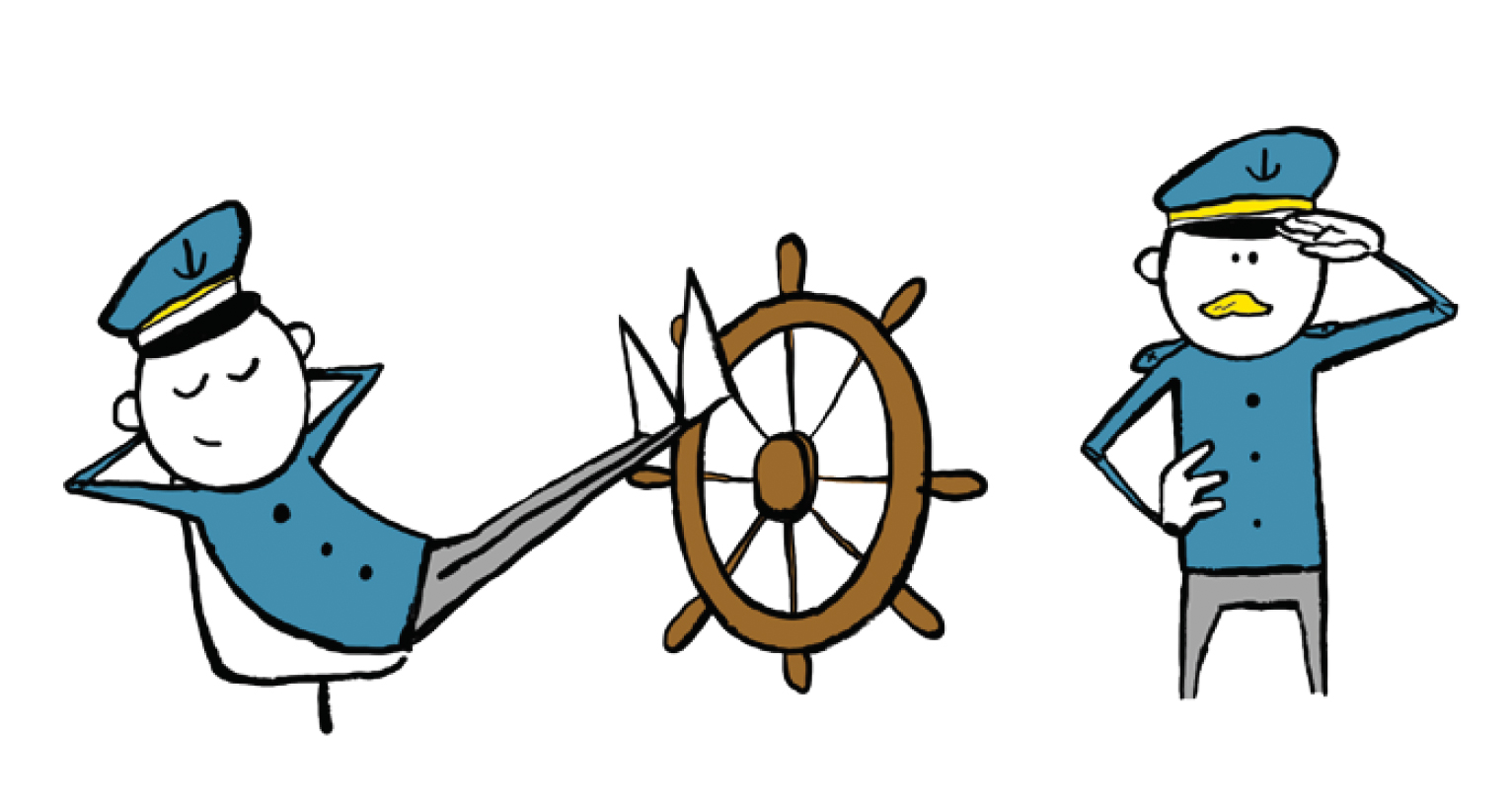(Kopie 1)
“Companies need to balance a calm yet vigilant approach.”
Ideas for establishing global partnerships between business and politics. Interview with Prof. Dr. Oliver Lorz, School of Business and Economics, RWTH Aachen
DIALOG: Professor Lorz, the annual Democracy Index published by “The Economist” lists only 19 full democracies worldwide. Even the USA is regarded as a “flawed democracy”, and the trend in Eastern Europe is alarming. How can we operate economically as an export world champion in a world undergoing “democratic recession”?
PROFESSOR OLIVER LORZ: We should first bear in mind that the scope of the index includes not only the development of formal institutions but also political sentiment. Taking the USA example, it is not the democratic framework that has changed but the trust placed in it by the people. Moreover, a gradual deterioration in the political climate – something we've often seen happen in democracies – has resulted in the USA slipping below a critical threshold and earning an unwanted spotlight as a result.
A more negative climate in a country does not necessarily influence its international trade relations – but less democratic countries do tend to isolate themselves by implementing protectionist measures. Protectionism can, however, have many “fathers”, i.e. can also be a target of democratic movements when opponents of globalization form a driving force. The Brexit vote and failed TTIP negotiations were two prime examples showing that rather than a lack of democracy, changing political trends may constitute the key trigger to change foreign trade policy.
Either way, protectionism is always problematic for an exporting nation. Nevertheless, it is interesting to see how the perspectives of the affected companies differ: A successful international networking strategy based on long-term, stable relationships in a number of markets. Short-term political sentiment and trends in individual countries cannot and will not be a central point of orientation. Instead, the challenge for companies is to find a balance between being calm and vigilant. They should be able to assess which developments significantly threaten their growth in the medium to long term and take an appropriate package of measures in good time.
“A successful international networking strategy based on long-term, stable relationships in a number of markets.”
Prof. Dr. Oliver Lorz

DIALOG: Trust is material that binds together not only democratic societies but also economic ties. And it seems to be rapidly evaporating. How severe are the medium-term consequences of this development for the economy?
OL: Instead of arguing that trust is evaporating in economic relationships, you may just as well argue that trust in the
principles of the constitutional state remains – at least in Europe – which, in turn, benefits economic stability and growth. The trust of citizens and companies in democracy and the rule of law primarily depends on functioning institutions. Good institutions facilitate economic ties and raise incomes, although this is a classic “chicken-and-egg” situation. Trust creates income and income creates good institutions.
A central prerequisite for this is without doubt the educational level of the population, making it possible to constantly improve both political institutions as well as income. In international comparison – although Germany is very well placed when it comes to secondary and tertiary education – there has also been general positive development in vocational training and youth unemployment in recent years. However, we have to view education in a globalized world as part of a bigger picture. From a global perspective, things sometimes seem totally different. There is a tendency – even in industrial nations – to trust populist movements and accept “alternative facts”, which, in turn, can contribute toward destabilizing economic and social ties that have been effective to date.
DIALOG: Full democracies – of which Germany is one – typically feature numerous institutional and social control mechanisms. They regulate the activities of companies and limit the potential of the state to intervene. Doesn't this disadvantage German industry in global competition?
OL: On the contrary, it tends to help them. From a business perspective, such mechanisms are understandably an onerous burden to start with. Mandatory regulations or occupational safety requirements, for example, drive up production costs. However, what people sometimes forget is that these control mechanisms also protect against arbitrary state power. Moreover, the quality of institutions is inextricably linked to investment security when companies establish and extend international manufacturing networks. Functioning institutional control mechanisms are what underpin the long-term stability of economic relations. Development in Europe over recent years has been overwhelmingly characterized by a focus on swiftly establishing institutions while neglecting other topics – particularly populist movements promoting a strict rejection of the EU. The lessons from this error should now be learned.
Experience also shows that companies with a long-term location strategy are better equipped to handle unforeseen, short-term changes in the political map. Here, differentiating the location strategy can also help. Companies that do not manage their sites as “satellites” but instead combine performance and capacities following the principles of an agile network, benefit in a number of ways. Communication costs fall, and value chains can be disaggregated to an ever finer extent, for example, by production advantages, markets or logistics costs. This in turn, generates increased trade within the company, as exemplified by increased trade in semi-finished goods in the recent past.

About the Interviewee
Oliver Lorz was born in Kassel in 1968. After studying economics at the University of Konstanz, he earned a doctoral degree as well as a post-doctoral habilitation degree from the University of Kiel. Before his appointment in Aachen, he worked at the Kiel Institute for the World Economics, the University of Kiel, and the University of Konstanz. He was also a visiting research scholar at the National Bureau of Economic Research of the Massachusetts Institute of Technology, and Massey University, New Zealand. Since 2004, Oliver Lorz has been Professor of International Economics in the School of Business and Economics at RWTH Aachen.


